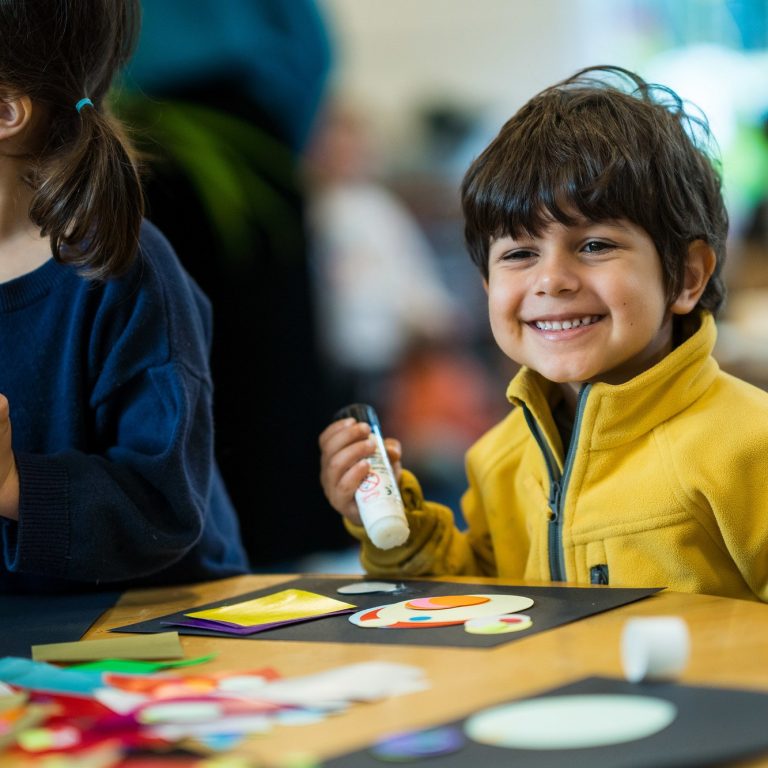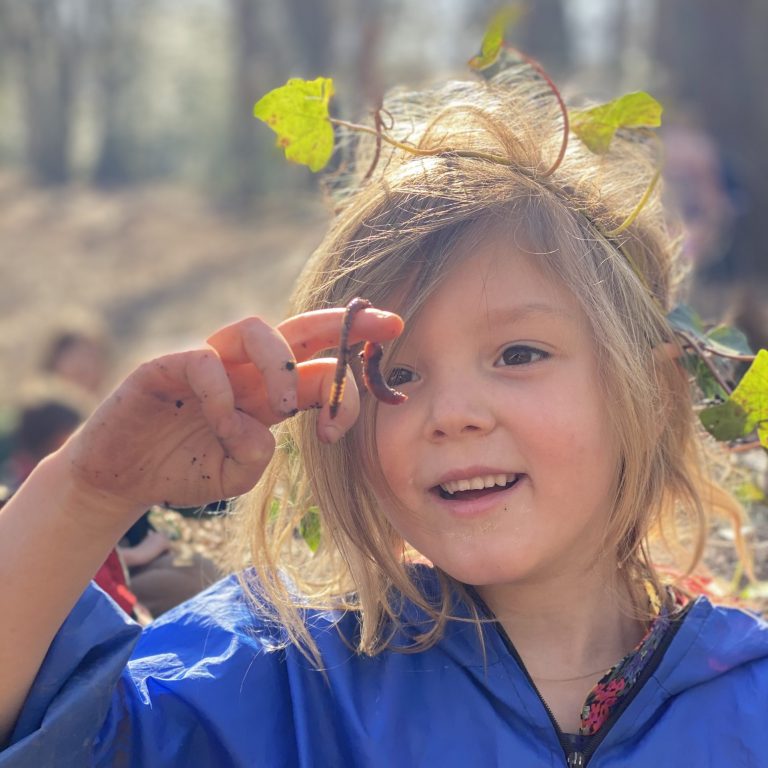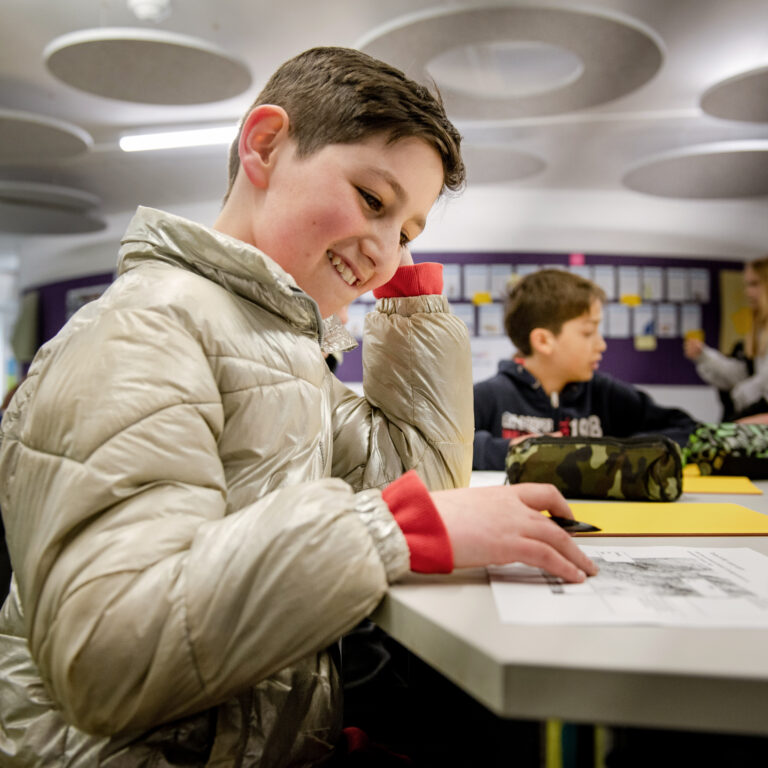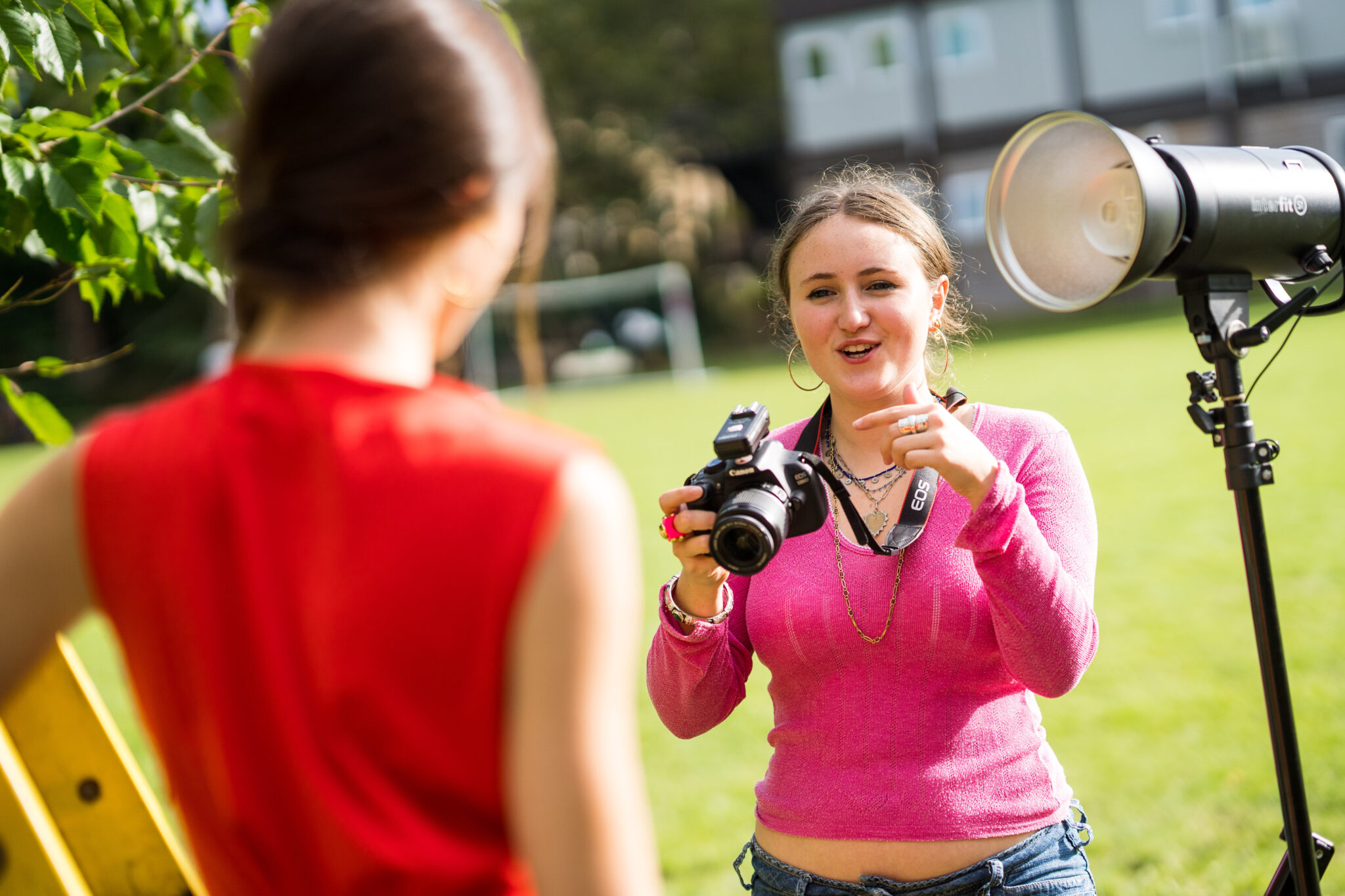Education Partnerships For Change
14th November 22
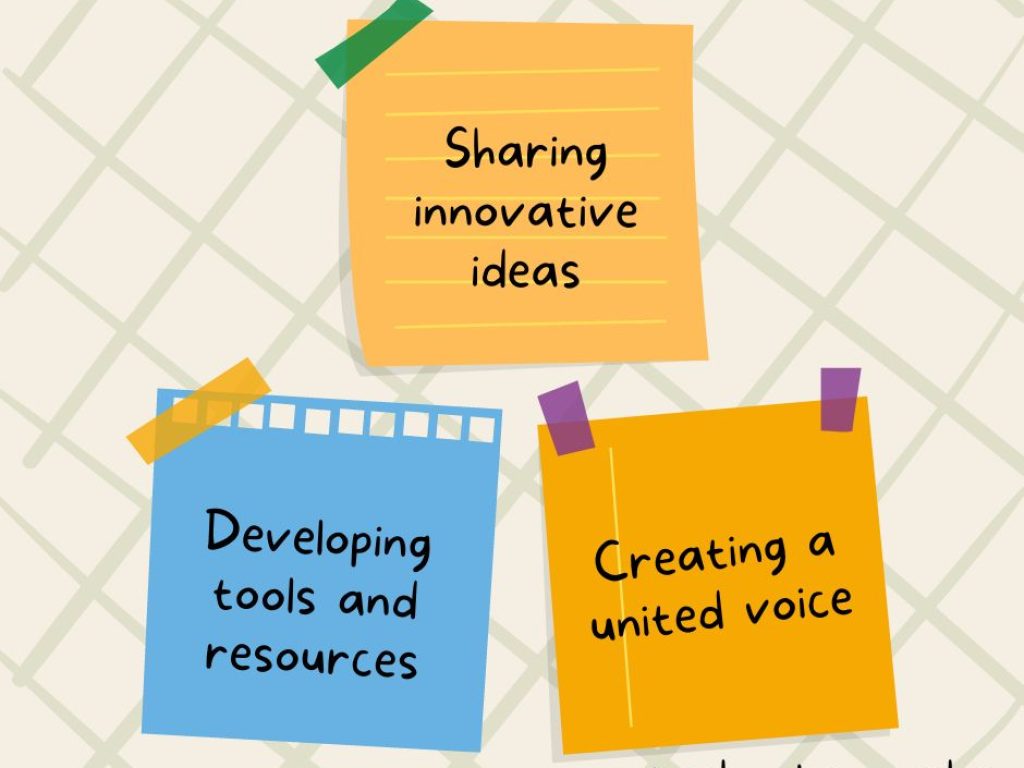
Our new partnership project aims to unite voices within the education system.
The King Alfred School in London has a long and rich history steeped in the progressive education movement. The school was established in 1898 to be a model of child-centred approaches. Over the years, we have developed and evolved our approaches, but remain deeply committed to that founding vision and ethos.
As an independent school, we have the opportunity to innovate and do things differently. We embrace this freedom to allow us to shape and plan our curriculum, pedagogies and ethos. We are proud of the work we do.
We also feel a sense of responsibility and motivation to share our approaches more widely, both to encourage and support other schools to explore and even adopt similar methods, but also to contribute to the educational debate and influence future policy. The King Alfred School Society (KASS) supports that work through funding activities which further these ends. Recent work includes hosting the Rethinking Assessment conference, a movement focused on making assessment fit for purpose, which we jointly founded.
This year, we are embarking on an ambitious and exciting new project. Working alongside Big Education, a Multi-academy trust based in London, we are part of ‘the next big 10’.
The project brings together a group of like-minded schools from both the state and independent sectors to support each other’s work, develop our thinking, and codify this to share with the wider education system. The intention is to create a stronger, united voice within the system, as well as developing practical tools and resources for others to use.
The principles of the project are;
- Breadth: innovation across four key areas – leadership, curriculum, assessment, pedagogy;
- Pragmatism: consideration for tight and diminishing resources, staff capacity and accountability pressures;
- ‘Disciplined innovation’: a systematic approach to risk-taking in which risks are made explicit and managed; the creativity and ideas of stakeholders are contextualised into the frame of the existing knowledge base; impact is evaluated with rigour;
- Collaboration: including a culture of mutual support and challenge, and an emphasis on sharing of learning both within and beyond the community;
- Action: developing a deep understanding of implementation.
We think this is an interesting model of partnership working between state and independent sectors, because it is highly focused and purposeful, acknowledges the mutuality of the support and learning, and is working on medium to long term strategic change. We are pleased to be feeding into the wider learning of the system, using the freedoms and opportunities we enjoy to be able to innovate and share insights with others. We are excited by the strategic scope of this work as an example of partnership working and are happy to share this work and our insights with others who may be interested in similar work of future phases of the project.
‘The next big 10’ project has been significantly funded by Salesforce.org.
Liz Robinson, Partnerships and Leadership, The King Alfred School



